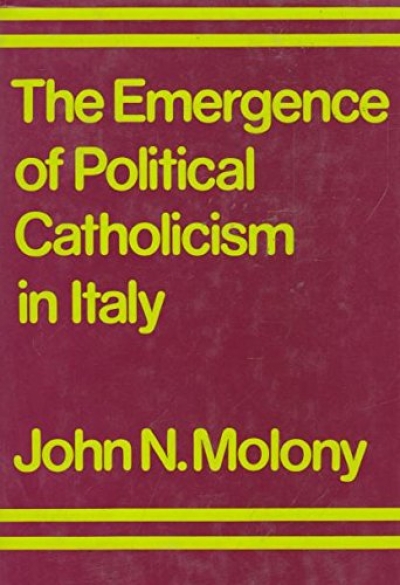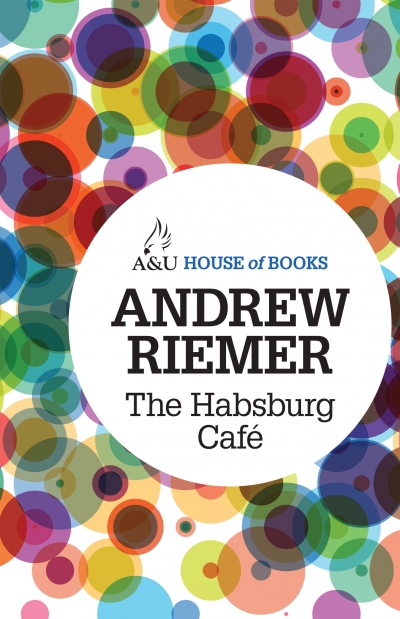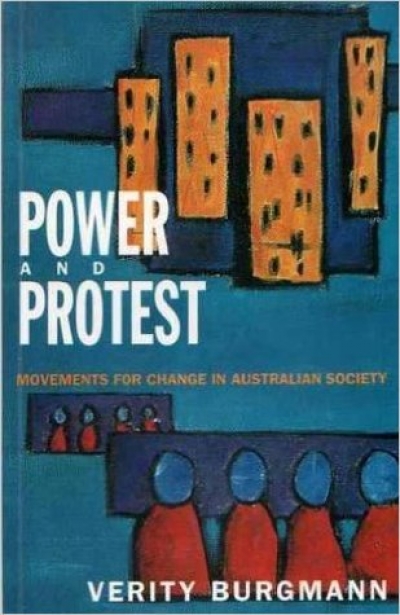Archive
Film | Theatre | Art | Opera | Music | Television | Festivals
Welcome to ABR Arts, home to some of Australia's best arts journalism. We review film, theatre, opera, music, television, art exhibitions – and more. To read ABR Arts articles in full, subscribe to ABR or take out an ABR Arts subscription. Both packages give full access to our arts reviews the moment they are published online and to our extensive arts archive.
Meanwhile, the ABR Arts e-newsletter, published every second Tuesday, will keep you up-to-date as to our recent arts reviews.
Recent reviews
The Emergence of Political Catholicism in Italy by John N. Molony
A new series called Interpretations, published by Melbourne University Press, aims to provide up-to-date introductions to recent theories and critical practices in the humanities and social sciences. Series Editor, Ken Ruthven, answers some questions about the role and reception of critical writing.
Does the brief introduction to the series, which says it ...
When Dorothy Hewett won the Victorian Premier’s Literary Award for non-fiction with the first volume of her autobiography, Wild Card, it was a popular choice on the night. She’s a writer who has attracted all kinds of controversy, from libel suits to outrage over her flamboyant politics, both sexual and social. She has published four volumes of poetry, thirteen plays, but only one novel, called Bobbin Up, back in 1959. Jack Beazley, in a review for the Communist Review, criticised the novel for ‘an overstressing of physical relations’; a judgment that evidently didn’t deflect Dorothy Hewett from her interests, since physical relations, and the way that women feel about them, are still stressed in The Toucher. Setting herself a difficult task, Hewett has placed her central character, a woman writer, in a wheelchair, and without the company of a male lover, in order to talk about some of the things that preoccupy her now: old age, loneliness, physicality, relationships, personal history. She’s a generous talker, open and friendly, willing to think about any topic that is presented, and obviously very pleased to have produced another novel after years of believing that she couldn’t write one. I began by asking Dorothy Hewett how she felt about returning to the novel after so many years writing poetry and plays.
... (read more)Power and Protest: Movements for change in Australian society by Verity Burgmann
For part of my life I lived for many years in a monastery. Singing, particularly of plain chant, was important, and the monastery was divided, with a monastic, unworldly sense of the implication of its metaphors, into ‘the choir’ and ‘the scrubbers’. I excelled. Whatever vocation I had, it certainly included being an eternal scrubber. For many years I spent fifteen minutes a day with a patient friend who attempted to teach me to sing the Gospel for the third Sunday before the Epiphany. Standing in the monastery basement and earnestly inhaling the smell of monks’ football boots and sandshoes and unwashed football jumpers, I could never get this simple piece of plain chant right.
... (read more)In this issue, Hugh Mackay replies to Richard Hall’s essay in last month’s issue and his reply is printed here in full, unedited, at his insistence – which was communicated to me by his lawyers. As a matter of principle, of course, ABR offers right of reply, which is indeed a regular feature of the magazine, most commonly through the letters to the editor. On this occasion, given Hugh Mackay’s insistence, ABR includes his 3,300-word reply as a special feature.
In his reply, which he calls a ‘rebuttal’, Hugh Mackay points out that The Mackay Reports are not ‘books’ and therefore wonders ‘why they got a run in ABR’. I am interested that Hugh Mackay appears puzzled that matters not in ‘book’ form should come into the domain of ABR.
... (read more)The forbearance of those writers who entered the Australian Book Review and Reader’s Feast Short Story Competition has been as exemplary as their commitment to short fiction. I am pleased to be announce the shortlist:
Ian McFarlane: ‘A Balance of Probabilities’
Katarina Mahnic: ‘Flying Recipe’
B.E. Minifie: ‘There Has to be a Resemblance’
Carrie Tiffany: ‘Dr Darnell’s Cure’
Susan Yardley: ‘The End Is Where We Start From’
... (read more)




